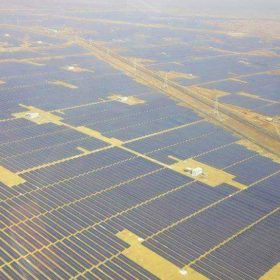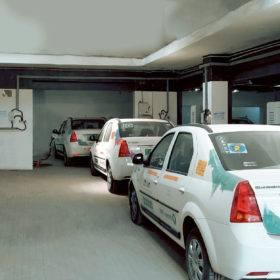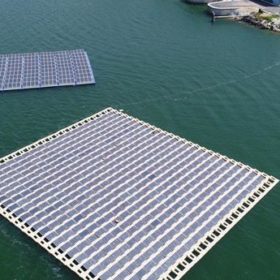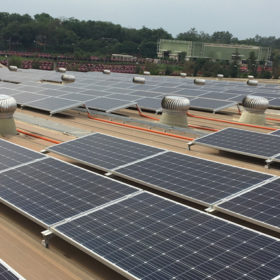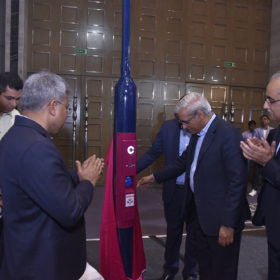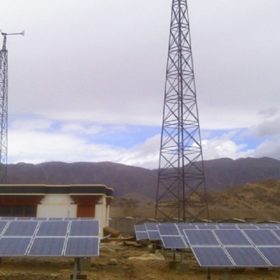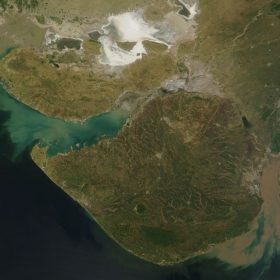SECI tenders 34 MW (AC) solar projects for SCCL in Telangana
The grid-connected, ground-mounted projects—to be set on turnkey basis—shall come up at Chennur (11 MW) and Kothagudam (23 MW) sites of Singareni Collieries Company Limited (SCCL). Bids can be submitted till April 20.
Fourth Partner Energy, Lithium Urban form JV to set up solar-powered EV charging infrastructure
Under joint venture ‘Shuchi Anant Virya,’ Fourth Partner Energy has commissioned solar powered charging facilities in Gurugram and Pune which will enable commercial electric vehicle (EV) fleet operator Lithium Urban Technologies to charge around 30 and 40 EVs, respectively, at the same time.
Odisha plans to develop 500 MW floating solar
The state has an overall potential of generating 17,755 MW of electricity from floating solar over 877 sq.km of water surface area in its reservoirs.
SECI tenders 5 GW of grid-connected renewable projects with storage option
The selected developers shall set up renewable power projects on build-own-operate basis anywhere in India and complement the generated renewable power with thermal power, if needed, to ensure round-the-clock power supply.
Mahindra Susten to install Bangladesh’s largest solar rooftop
The renewables business of the conglomerate will undertake its first project across the border by providing engineering, procurement and construction services on a Rs12.6 crore, 3.1 MW array for a German-Bangladeshi knitwear company which will buy the power generated for Rs5.71518/kWh.
Magenta Power to roll out street lamp integrated EV charger
The ChargeGrid Flare, costing around Rs 95,000, shall enable faster deployment of curbside vehicle charging with less street clutter than other approaches.
NTPC arm tenders 50 MW (AC) grid-connected solar project in Jharkhand
March 30 is the last date to bid for the solar capacity tendered by NTPC Vidyut Vyapar Nigam Limited. The project—to be set up on turnkey basis—shall come up at Panchet power station of Damodar Valley Corporation and shall be awarded through domestic competitive bidding followed by reverse auction.
India reaches 369 GW power generation capacity against peak demand of 183 GW
The all-India installed capacity for power generation is projected to rise to 619 GW by the end of 2026-27 from 369 GW as on February 29, 2020. The optimal generation mix will, however, depend on the development of storage technology and renewable energy.
Distributed solar lender cKers Finance raises $5 million from US investor New Energy Nexus
The New Delhi based lender—which has funded over 45 MW of distributed solar energy assets—will use the new investment to catalyze the growth of residential and commercial solar systems, solar pumps, floating solar and solar cold chains in India.
Gujarat approves Rs 13.61 crore solar projects for water treatment plants
These solar plants—installed for eleven nagarpalikas (municipalities) in the State—would generate approximately 2,835 KW power, saving Rs 2.94 crore in the electricity bills.
